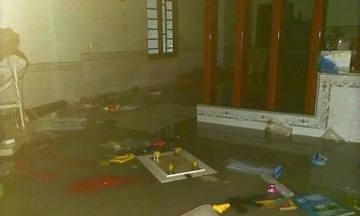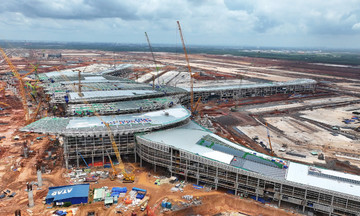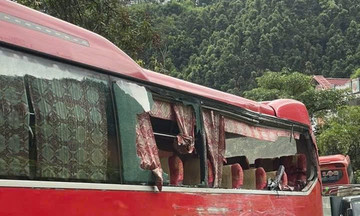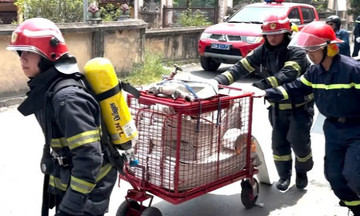At a government meeting on lawmaking on 23/7, Prime Minister Pham Minh Chinh urged the drafting committee for the amended Law on Drug Prevention and Control to emphasize early prevention rather than just addressing consequences. Controlling addiction is the first step in preventing and combating drug-related crime.
The Prime Minister suggested that authorities formalize the Party's new perspective of considering drug addicts as criminals to create a legal basis for appropriate action. However, he emphasized the need for humane policies, especially for addicted minors, ensuring their access to education and rehabilitation.
Delegate Trinh Xuan An, a specialist from the National Assembly's Committee on National Defense, Security, and Foreign Affairs, supports the Prime Minister's view, considering it necessary for Vietnam's goal of rapid, sustainable growth and a safe, stable society.
Drug addiction directly causes various crimes like theft, robbery, murder, and public disorder. Addicts are not just victims but also agents of social instability, affecting people's lives, especially in urban areas, industrial zones, and border regions. Therefore, controlling the "demand" is crucial for managing the "supply".
Mr. An believes that criminalizing drug addiction sends a clear message about the law's strictness, acting as a powerful deterrent, especially for young people. Current rehabilitation methods are ineffective, with high relapse rates, wasting resources and burdening society. Shifting from "education" to "criminal prosecution" for addicts could break the chain of drug-related crimes.
"This perspective reflects the government's urgency and determination to address a persistent issue, especially as the country aims for double-digit growth from 2026 – a goal unattainable without social security," Mr. An said.
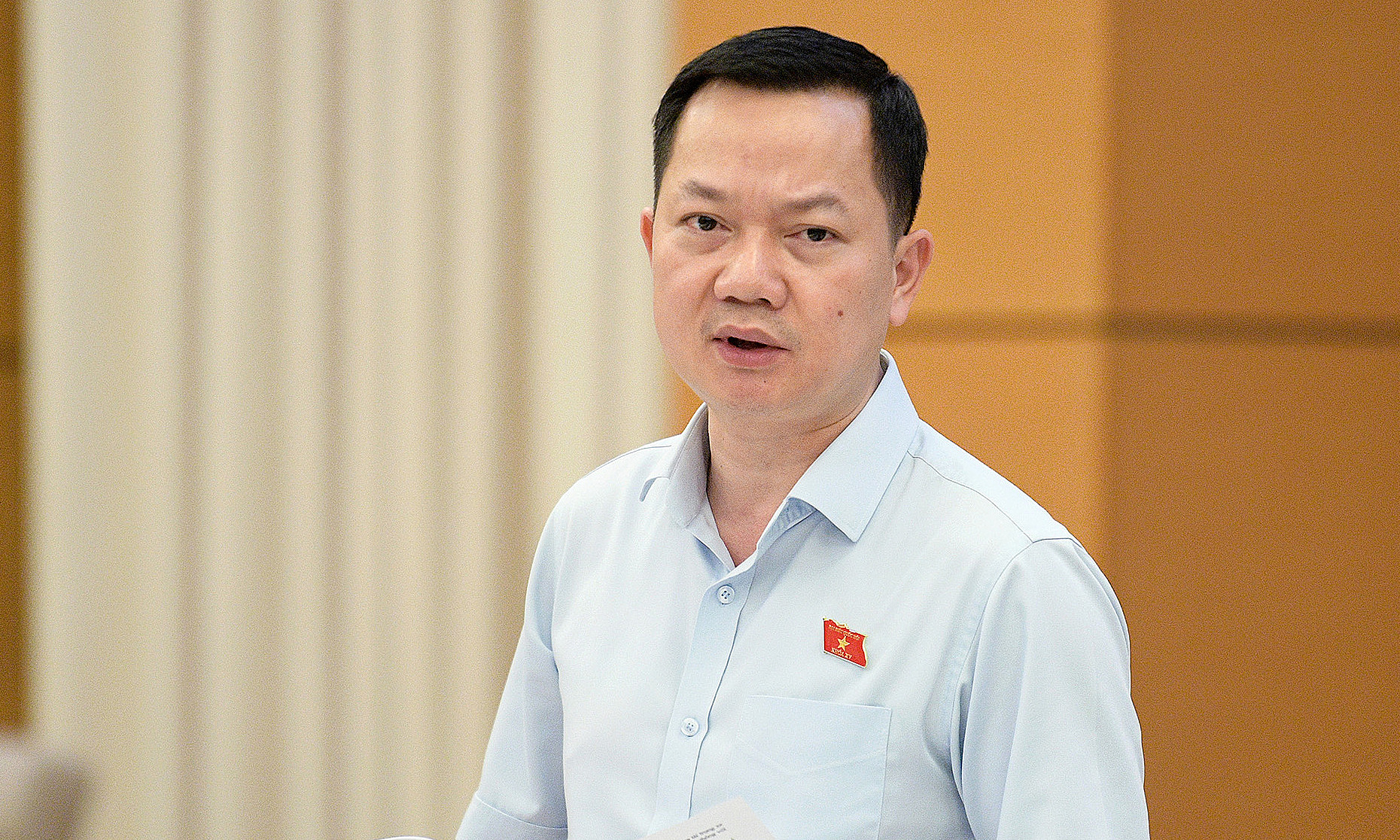 |
Delegate Trinh Xuan An, specialist from the National Assembly's Committee on National Defense, Security, and Foreign Affairs. Photo: National Assembly Portal |
Delegate Trinh Xuan An, specialist from the National Assembly's Committee on National Defense, Security, and Foreign Affairs. Photo: National Assembly Portal
However, Mr. An emphasizes the need for careful preparation and a suitable roadmap for effective implementation. Due to its impact on human rights and current laws, legal amendments should follow thorough impact assessments. Prisons and law enforcement agencies need capacity building to avoid straining the judicial and executive systems.
Agencies should also consult international experience, combining preventative measures, supply control, and demand reduction. When society is strictly managed, and drugs lose their foothold, criminalization will be more effective.
"This is a necessary step to protect citizens and ensure social security, but effective implementation requires coordination between legislative, executive, judicial bodies, and the entire political system," Mr. An emphasized.
Delegate Vu Huy Khanh, also a specialist from the National Assembly's Committee on National Defense, Security, and Foreign Affairs, agrees that re-criminalizing drug use is necessary and appropriate. "This isn't just a medical condition but is linked to many security and order violations, requiring stricter handling," he said.
According to Mr. Khanh, the amended Criminal Code (effective from 1/7/2025) introduced the crime of "illegal drug use". Offenders face 2 to 3 years imprisonment if they: are undergoing rehabilitation or drug treatment; are under post-rehabilitation management; are under management for illegal drug use and have been administratively sanctioned with compulsory rehabilitation within two years of completing rehabilitation or treatment.
"Prosecution and enforcement agencies have the capacity and facilities to ensure investigation, prosecution, trial, and sentencing," he said.
 |
Delegate Vu Huy Khanh, specialist from the National Assembly's Committee on National Defense, Security, and Foreign Affairs. Photo: National Assembly Portal |
Delegate Vu Huy Khanh, specialist from the National Assembly's Committee on National Defense, Security, and Foreign Affairs. Photo: National Assembly Portal
Delegate Pham Van Hoa (Vice President of the Dong Thap Province Bar Association) also supports criminalizing drug addiction. He mentioned public frustration over repeat offenders escaping serious consequences. "This amendment addresses a pressing social issue," Mr. Hoa stated.
He believes criminalization will deter drug use, especially among young people, particularly after recent arrests of celebrities and influencers for drug use. "The police must be strict, without exception, so people understand that this behavior is punishable by law," he suggested.
In 3/2025, the Politburo issued Conclusion No. 132 on strengthening and enhancing drug prevention, control, and stating that drugs severely impact health, future generations, and the labor force. They also increase crime, social evils, and legal violations, threatening security, order, and social safety. Therefore, the Politburo urged agencies to "urgently research stricter criminal policies to reduce drug demand and sever the supply-demand chain".
The Ministry of Public Security reports that drug addiction is complex, fueling crimes like theft, extortion, and murder. Drug-induced psychosis and serious crimes are increasing. Failing to reduce addiction risks spreading it to other groups, especially young people.
Son Ha



